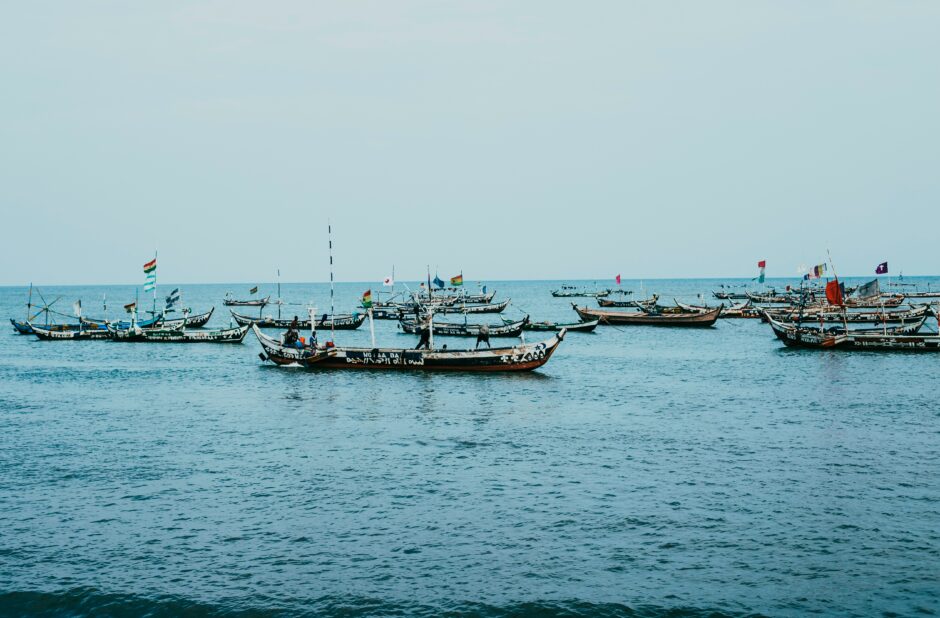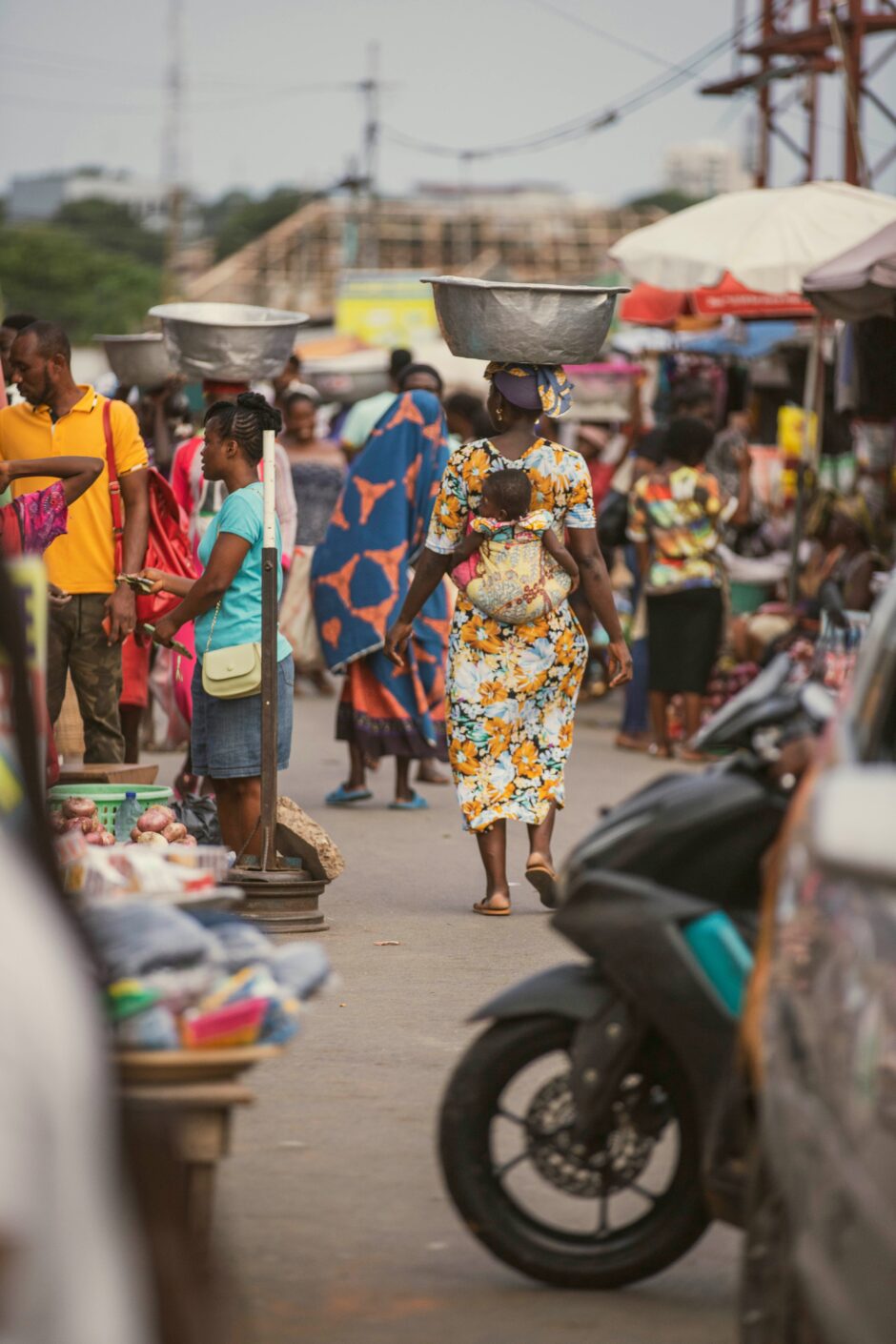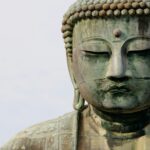2024 has been a super year for elections around the globe. Many of the world’s most influential and largest states have gone to the polls over this past year, including the world’s largest democracy, India, alongside, the United Kingdom, France, South Africa, Indonesia, Japan, and now most recently the United States of America. Many more elections are still to be held over the final two months of the year, including in Ghana on December 7th. Incumbent President Nana Akufo-Addo is term limited and thus ineligible to stand for re-election; in his place as nominee for the New Patriotic Party is Vice President Mahamudu Bawumia, going up against former President John Mahama of the National Democratic Congress, Alan John Kyerematen, and Nana Kwame Bediako. In the slew of elections this past year, governing parties have seen their vote shares decrease and many even lose power, and it looks like this trend will continue in Ghana. The country has often been praised for its democratic elections and economic growth, but where do things stand now?
Ghanaian Democracy and Elections
Since its completed transition to democracy in the 1990s, Ghana has been noted for its free and despite often closely contested elections, peaceful and orderly transitions of power. Ghana is considered one of the most democratic countries in Africa with a 6.3/10 score on The Economist Group’s Democracy Index and 80/100 from Freedom House. The presidential and legislative elections are held concurrently, and if no presidential candidate reaches a majority a run-off will be held between the top two candidates. At the time of writing, it looks likely that John Mahama, who previously served as President from 2012 to 2017, will be able to secure an election victory – perhaps even avoiding a run-off.
The Ghanaian Economy
Ghana, like most African nations, has tremendous potential – especially with an abundance of natural minerals. It was not long ago that Ghana was lauded as the fastest growing economy in the world and President Akufo-Addo outlined his “Ghana Beyond Aid” agenda. However, the current economic outlook does not appear as rosy. By all accounts, the Ghanaian economy is still growing and developing, and President Akufo-Addo boasts that he has achieved most of his promises. However, various metrics, including voter intentions, suggest that the economy is not in as good of a state as it was just a few years ago. Like most of the world, Ghana has been plagued by inflation, which stood at above 40% in both 2022 and 2023. Youth unemployment is also on the rise, and many are leaving the country in search of better opportunities as more people are pushed into poverty as a result of inflation. Illegal gold mining has become a key issue this election over environmental and health concerns.
There are a myriad of explanations for Ghana’s issues. The government blames the pandemic and the Russia-Ukraine War, the opposition blames the government’s “abysmal performance”, and everything in between. The truth probably lies in all of it. Undoubtedly, the pandemic and the war played a role, just as it did globally. But both experts and voters agree that Ghana’s problems predate the pandemic, with experts maintaining that government overspending and mismanagement has played a significant part in exacerbating the economic downturn. Government finances were nearly depleted by the end of 2022 with little left to support the budget.

“Ghana Beyond Aid”? Debt and the China Problem
President Akufo-Addo’s “Ghana Beyond Aid” slogan and agenda was supposed to usher in a new era of economic independence and self-reliance. Instead, Ghana now faces a high risk of debt distress and was forced to seek a $3 billion bailout loan from the International Monetary Fund in 2023, raising concerns about its long term fiscal sustainability and growth prospects. Perhaps at the center of this issue is China, which has long been seen making inroads into Africa and the developing world overall. Ghana has become China’s largest trading partner in Africa, with over 42% of Ghanaian imports coming from China. Ghana also owes nearly $20 billion in debt to China, and Chinese investments/loans often come with stipulations that grant China access to Ghanaian natural resources, raising concerns over debt trap diplomacy. As part of investment and loan agreements, China often gets access to mineral resource reserves, as exemplified by a $2 billion infrastructure investment deal in which it got access to 5% of the country’s bauxite reserves. Similarly, should Ghana default and not be able to pay back its debt also stands at risk of being forced to hand over control of additional natural resources, like oil, cocoa or bauxite.
Ghana’s ability to pay off its loans seems questionable at best, especially considering the need for the recent IMF bailout, highlighting concerns that the country might fall into exactly that kind of trap. China’s stronghold poses a potential serious risk to Ghana’s long term economic independence and growth, and could have potentially damaging consequences at a time when the economy is already in a precarious state. But this can also open the door for the United States and other countries who need to step up and counter China’s growing influence and aid Ghana, as well as other countries, in shedding its over-reliance on China. Almost ironically, the “Ghana Beyond Aid” agenda – as evidenced by the IMF bailout loan and China’s increasing influence – may have instead increased economic dependence and harmed Ghana’s once stellar economic prospects as a result of government overspending and more.

What’s next?
Ghana’s economic troubles almost cost Nana Akufo-Addo his re-election in 2020, and now the situation is undoubtedly worse. Akufo-Addo, who last week unveiled a statue of himself to the uproar of many Ghanaians, is term limited, but his Vice President and current NPP presidential candidate is facing a tough campaign. It looks all the more likely that John Mahama will be able to win, but what such a government would be able to achieve remains uncertain. Mahama and the NDC have at least vowed to introduce much stricter regulations on illegal gold mining and crack down on the environmentally damaging practice. Regardless of whoever is elected, it is paramount that the new government urgently deals with the economic issues that are currently plaguing Ghana.






